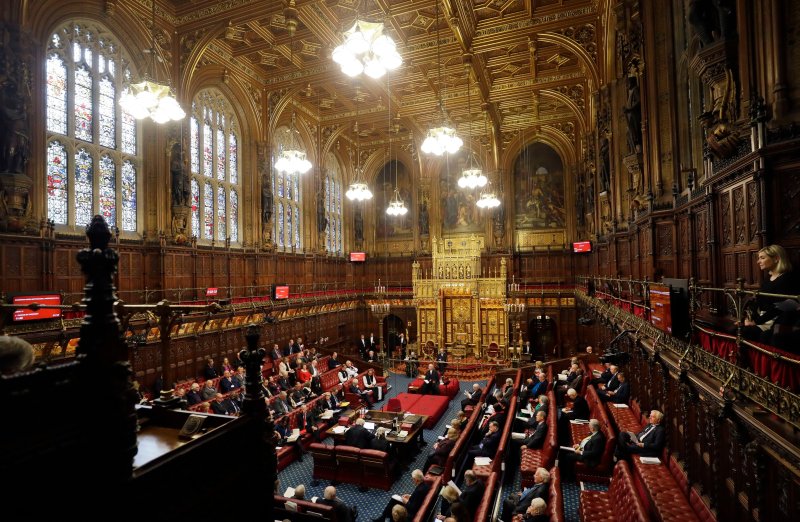Peers vote to ban lower-standard food imports

A crucial Agriculture Bill amendment that imposes a requirement for food imports to the UK to meet domestic standards has been voted through in the House of Lords.
The government is coming under increasing pressure to ban sub-standard food imports in any post-Brexit trade deals following the vote on Tuesday (22 September).
In last night’s session, peers debated and voted on several amendments that would require imports to meet high animal welfare standards.
Amendment 93 on food standards was tabled by Lord Grantchester, Baroness Bakewell of Hardington Mandeville, Lord Krebs & Baroness Boycott.
This was voted through, defeating the government by 95 votes.
Another amendment placed a duty on the state to have due regard for animal sentience in policy development.
Farming groups have frequently urged the government not to allow food and animal welfare standards to be compromised in pursuit of future trade deals.
There is also increasing public concern that post-Brexit trade deals could lead to lower quality food, according to a government survey.
Despite the concerns, the government refused to support amendments in the House of Commons back in May.
The landmark post-Brexit legislation now has one last reading in the House of Lords before returning back to MPs in the Commons.
Reacting to last night's vote, the British Veterinary Association (BVA) called it a 'huge win' for British food and farming standards.
James Russell, BVA President said: “This result is a decisive vote of confidence in the UK’s farming industry, which works incredibly hard to keep our globally renowned welfare standards high.
"We have long argued that the UK cannot commit to raising the bar domestically while allowing in goods that don’t meet the high standards that British consumers rightly want and expect."
The RSPCA said it was 'pleased' at the news, adding that MPs must now agree to vote for a law to stop imports produced to lower standards.
RSPCA Chief Executive Chris Sherwood said: “Unless MPs also agree to enshrine in law what was promised in the Conservative manifesto, a no-deal would mean the UK faces a flood of imported food that is illegal in the UK such as chlorinated chicken and hormone beef.
“As the Agriculture Bill returns to the Commons, we urge MPs to seriously consider what’s at stake here.”








